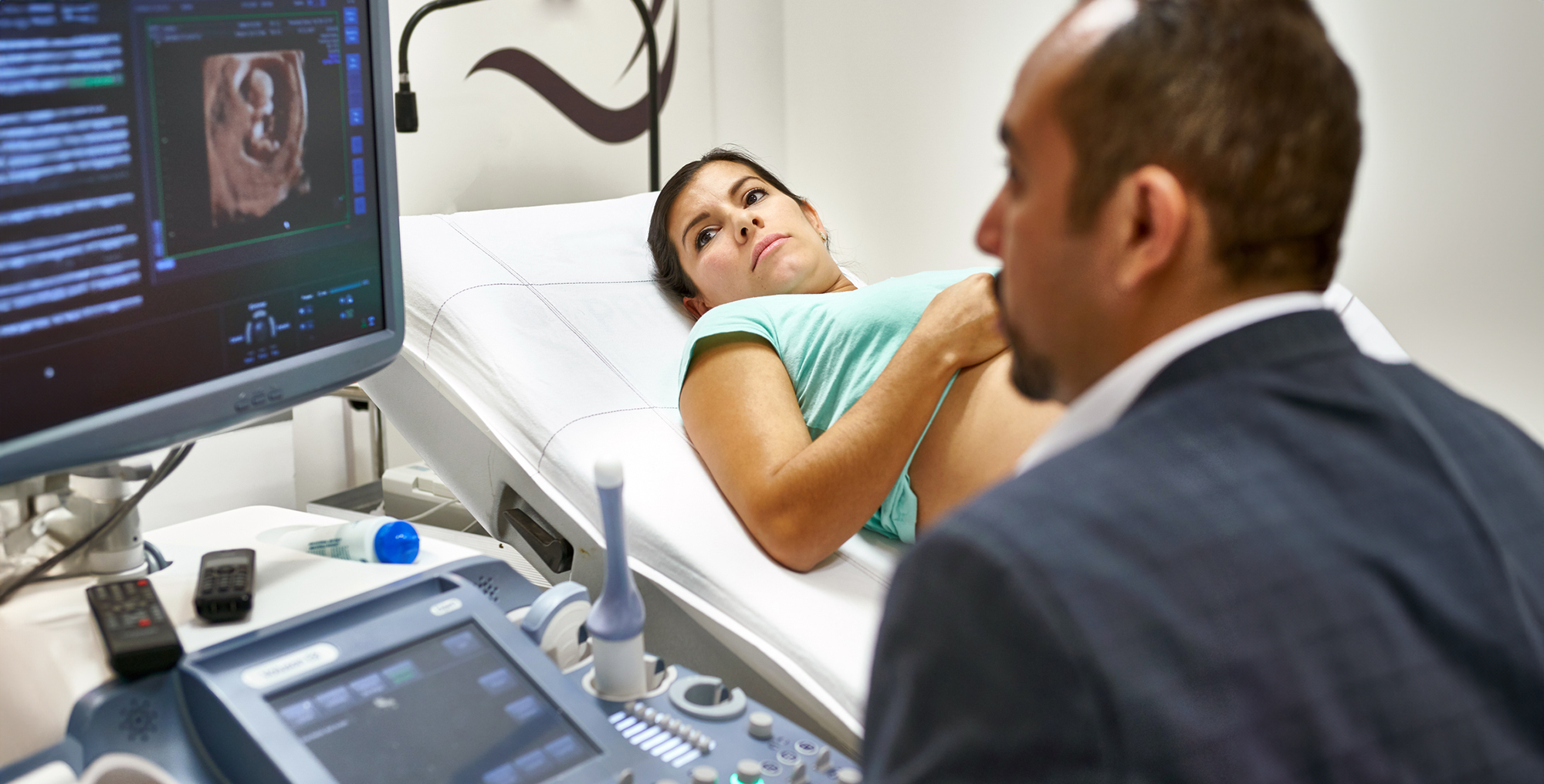Understanding the Economic Needs of Sexual Assault Survivors

Problem
A rape crisis center seeks to ensure its case management system adequately includes information on economic security.
Nearly 80 million people in the U.S. have experienced contact sexual violence, and the medical and criminal justice costs incurred following sexual violence are only two aspects of a potential wave of economic challenges an individual or a family may face. Assaults may drive a need for new housing and extra security measures. Workplace productivity can suffer, and survivors may need new employment, as well as resources such as childcare, transportation, and healthcare. Limited economic resources may limit survivors’ ability to meet these and other needs, potentially hindering their recovery.
The Boston Area Rape Crisis Center has developed a novel economic case management program to support survivors of sexual assault, and wishes to test and ensure its efficacy so that case managers can offer support for their clients’ economic needs that may intersect with their healing.
Solution
NORC is joining with partners to evaluate the effectiveness of Boston Area Rape Crisis Center’s novel case management program.
The University of New Hampshire, in collaboration with Brandeis University and NORC, is evaluating how the Boston Area Rape Crisis Center's case management program supports the process for clients’ recovery over time, compared to standard care.
Result
Results of the evaluation will be shared with the client and the Boston Area Rape Crisis Center.
Once the evaluation concludes, results will be shared with the client, the Office on Violence Against Women in the US Department of Justice, as well as the Boston Area Rape Crisis Center to support the continual improvement and refinement of its case management program.






